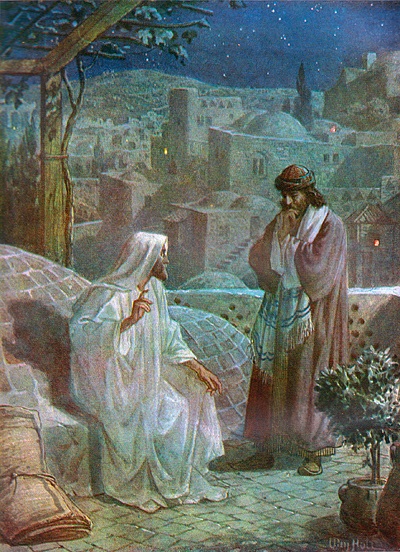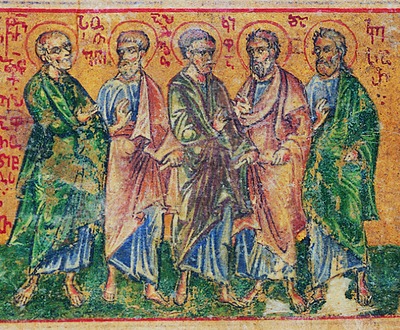We just learned about the Quartodecimanism.
Another part of early Christianity is the work on Biblical Canon.
When Jesus was around, the set of books in the Old Testament was already collected and written and copied by many people.
It wasn't called the "Old" testament yet, because when it was being written there was not a "New" testament.
People were starting to collect and copy the things that the Apostles wrote about Jesus, and the letters that Paul wrote and put them into a book.
The early leaders of the Christian church had to all try and agree on what the right books were to be in the New Testament.
They use the word "Canon" to say that the letters or books are approved.
The word Canon comes from the Greek word κανών which means rule or measuring stick.
So once everyone could agree on the right writings and letters, those would become "Biblical Canon".

(from: wikipedia - development of the christian biblical canon)
Kid Facts - Blast from the past: Rose of Lima
















